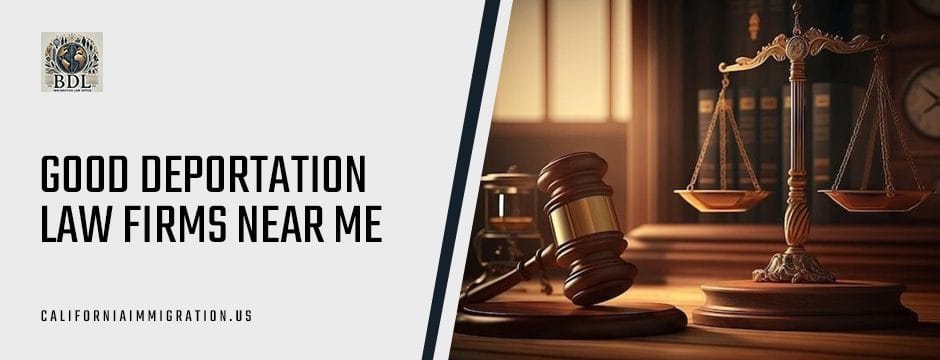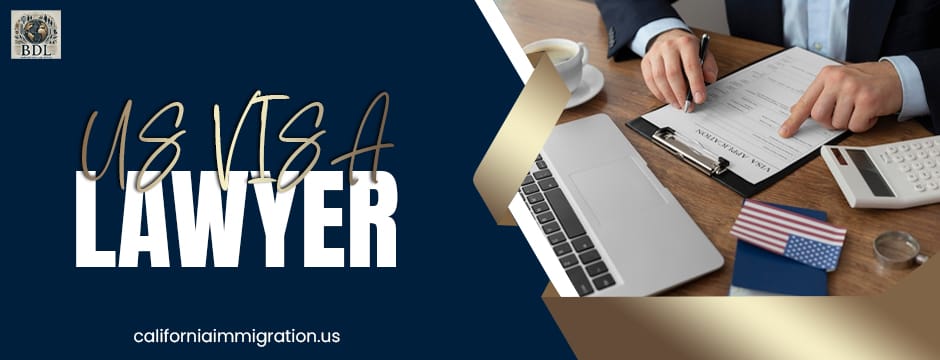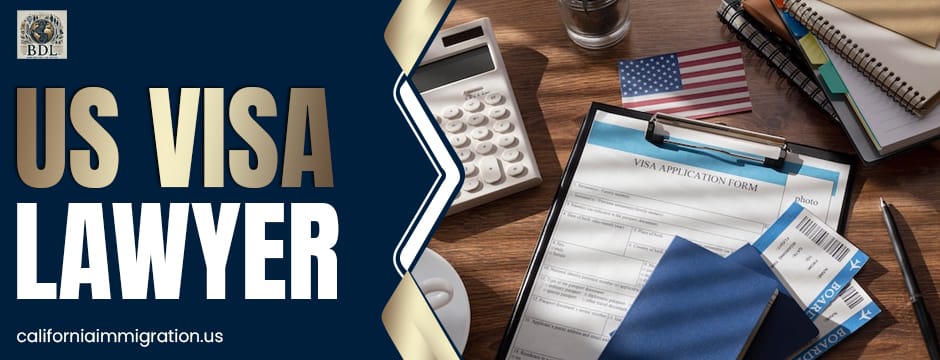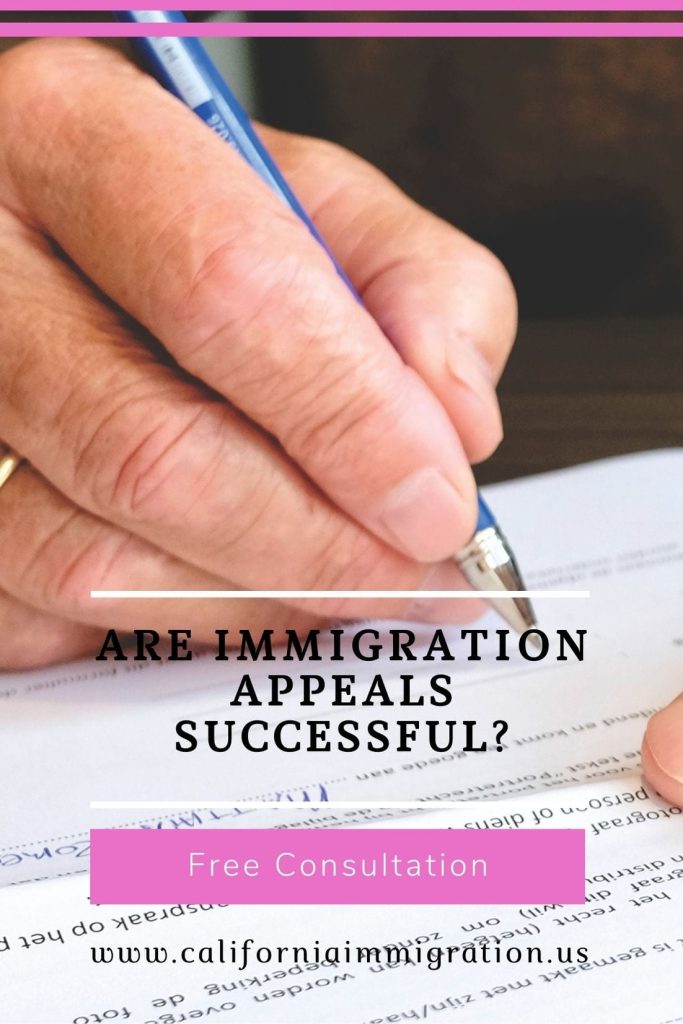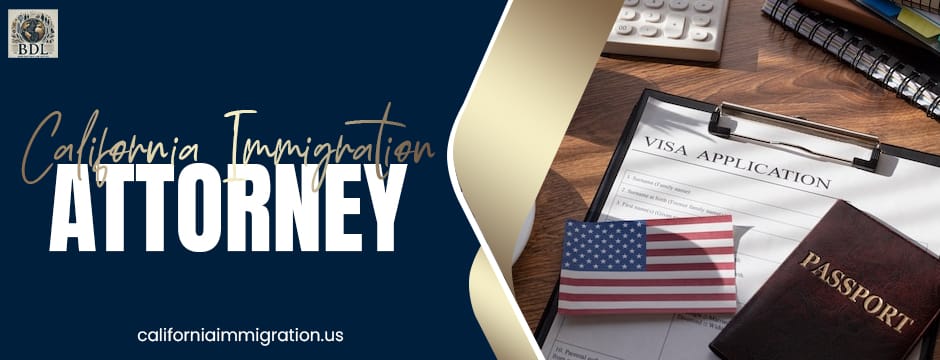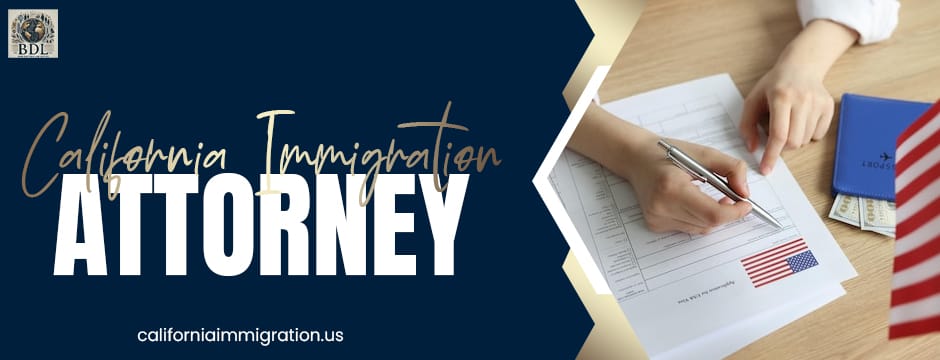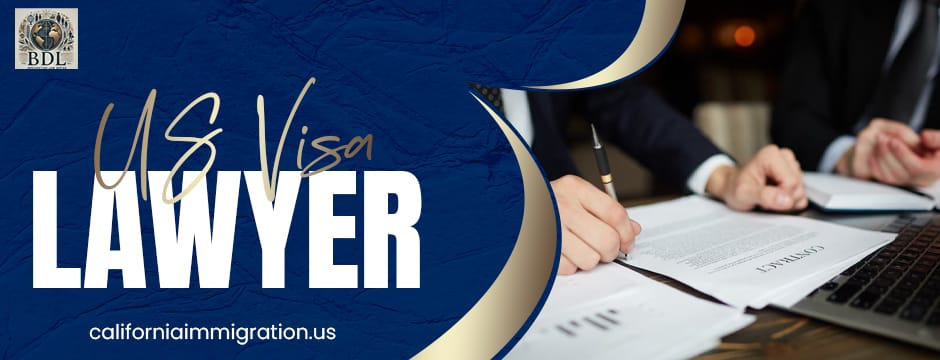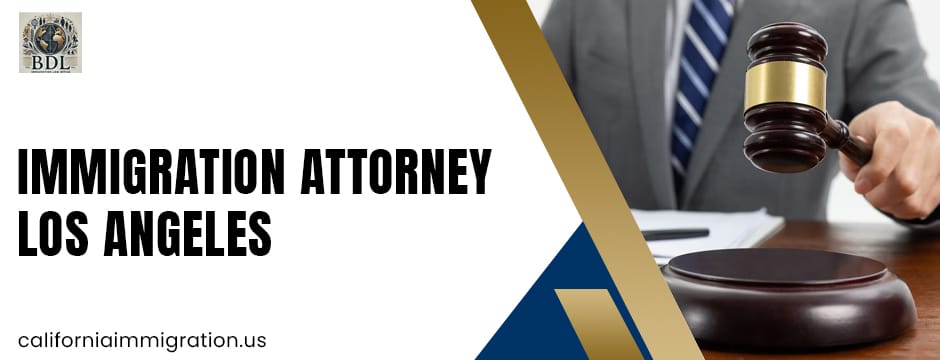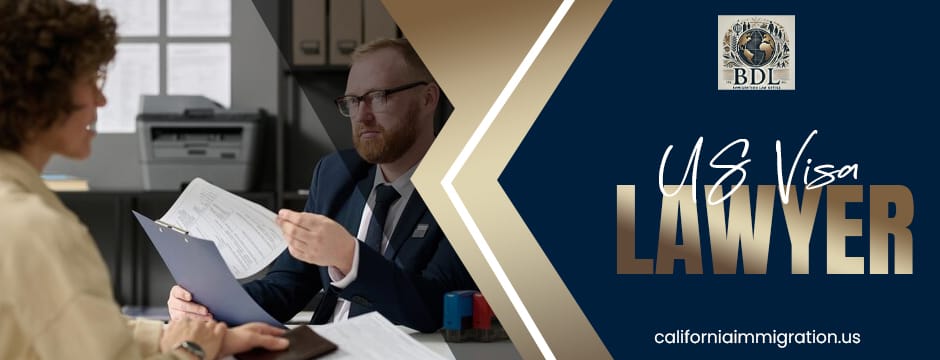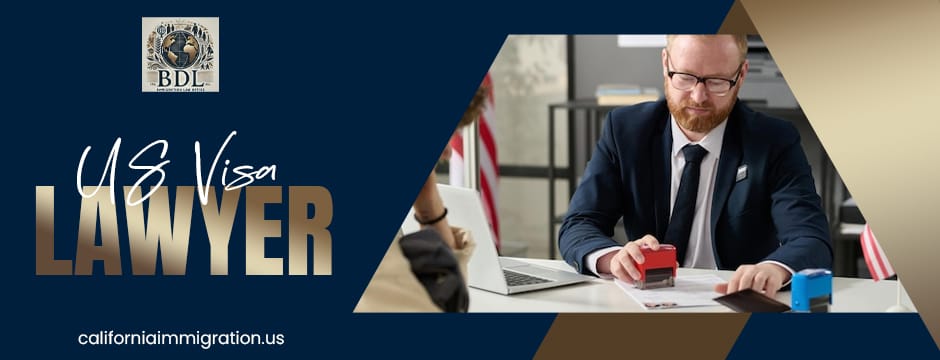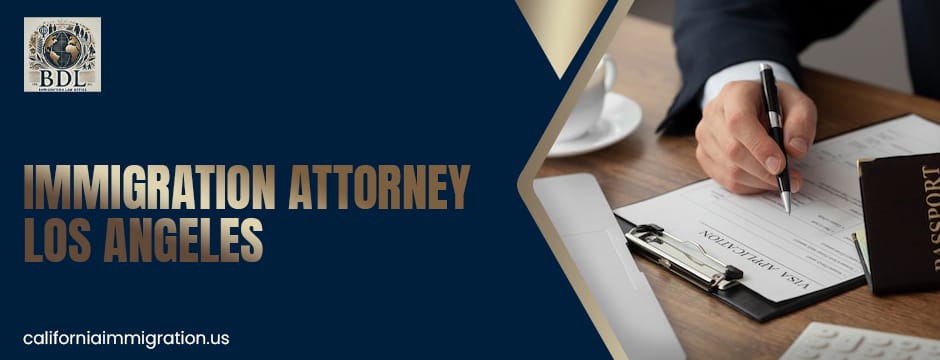Immigration law in the United States is a vast and intricate system that affects thousands of families, workers, students, and individuals facing removal proceedings every day. For those living in Texas, navigating these laws can be particularly challenging, making the assistance of experienced Texas deportation lawyers essential. These legal professionals guide clients through the complexities of immigration processes, ensuring that rights are protected and opportunities for relief are maximized.
Understanding the Role of Deportation Lawyers
Deportation lawyers specialize in defending individuals who face removal from the United States. They assess the unique circumstances of each client, identify potential avenues for relief, and develop a clear legal strategy. Their work encompasses both preventive measures and reactive defenses, ranging from responding to immigration notices to representing clients in court hearings.
In practical terms, a deportation lawyer evaluates eligibility for relief based on factors such as family relationships, prior immigration history, criminal records, and current immigration status. They help clients understand the implications of their actions and provide tailored guidance to minimize risks. This approach ensures that clients are fully aware of their options and can make informed decisions throughout the process.
Common Challenges in Immigration Cases
Individuals facing deportation often encounter several obstacles that can complicate their cases. Some common challenges include:
- Complex Documentation: Immigration processes require extensive documentation, including visas, passports, prior immigration records, and proof of familial or employment ties. Missing or improperly completed forms can delay proceedings or result in denials.
- Strict Deadlines: Courts and immigration agencies enforce strict filing deadlines. Failing to submit applications or responses on time can significantly impact a case.
- Inadmissibility and Waivers: Certain individuals may be deemed inadmissible due to prior violations, overstays, or other reasons. Applying for waivers requires a detailed understanding of hardship frameworks and evidentiary requirements.
- Court Procedures: Removal proceedings involve multiple stages, including master calendar hearings and individual hearings. Each stage has specific requirements, and missteps can harm a client’s case.
Texas deportation lawyers have the expertise to navigate these challenges efficiently, ensuring that clients’ filings are complete, deadlines are met, and legal arguments are strategically presented.
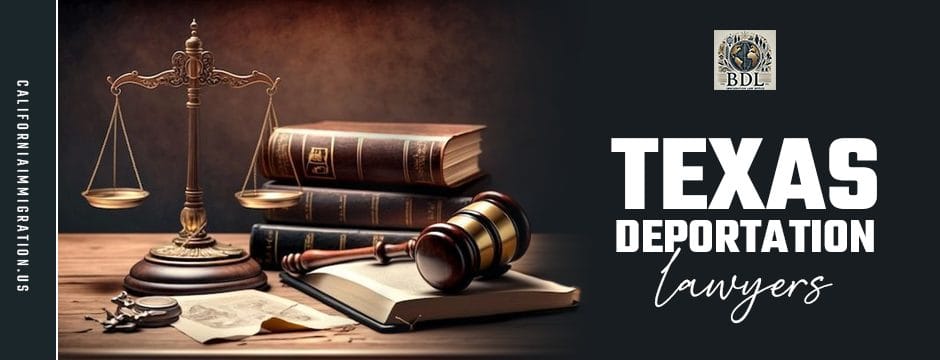
Family-Based Immigration and Relief Options
One of the most common areas where deportation lawyers assist is family-based immigration. For clients with U.S. citizen or lawful permanent resident relatives, lawyers help prepare petitions, consular processing applications, and adjustment of status filings. This includes advising on critical forms, collecting supporting documents, and preparing clients for interviews with immigration officers.
Family-based cases often involve sensitive issues, such as prior entries without authorization or gaps in legal status. Lawyers provide strategies to address these concerns, including preparing affidavits, financial documentation, and evidence that demonstrates the genuineness of family relationships. By highlighting these factors, clients can improve their chances of securing immigration benefits even in complex scenarios.
Asylum and Humanitarian Protections
For individuals fleeing persecution, asylum provides a vital avenue for legal protection. Deportation lawyers evaluate eligibility by examining factors such as credible fear, nexus to persecution, and compliance with filing deadlines. They help clients prepare compelling declarations, supporting evidence, and legal arguments tailored to their circumstances.
In addition to asylum, deportation lawyers assist with other humanitarian protections, including Temporary Protected Status, humanitarian parole, and related work authorization applications. These options can provide legal relief while clients await decisions on their long-term immigration status.
Waivers of Inadmissibility
Many clients seeking relief face inadmissibility issues that prevent them from obtaining visas or adjusting status. Waivers are often necessary to overcome these barriers. Lawyers guide clients through the process of applying for waivers such as I-601 and I-601A, creating evidence plans, demonstrating hardship, and addressing potential risks. Proper preparation and presentation of these applications significantly increase the likelihood of approval.
Navigating Removal Proceedings
For individuals already in removal proceedings, deportation lawyers play a critical role in defending against deportation. This includes preparing clients for hearings, filing applications for relief, presenting evidence, and utilizing expert testimony when needed. Lawyers also help interpret country conditions, assess credibility, and guide clients through testimony preparation.
Removal defense is a multifaceted process that requires attention to detail and an understanding of both procedural and substantive law. By carefully managing each step, lawyers ensure that clients receive a fair opportunity to present their case before an immigration judge.
Employment and Investment Visas
Deportation lawyers also assist businesses and professionals seeking to work or invest in the United States. This includes strategic planning for employment-based visas such as H-1B, E-2, or EB-5, ensuring compliance with regulatory requirements, and preparing applications that meet strict evidentiary standards. Proper guidance can prevent legal complications that might lead to future removal proceedings.
Naturalization and Citizenship
Becoming a U.S. citizen is a goal for many immigrants, but prior immigration issues or complex personal histories can create challenges. Deportation lawyers help clients file naturalization applications, analyze continuous residence and physical presence requirements, and prepare for interviews. They also identify potential obstacles, such as prior immigration violations, and provide strategies to overcome them.

Choosing the Right Texas Deportation Lawyers
Selecting an experienced and trustworthy lawyer is critical to achieving a positive outcome. Clients should look for professionals who offer personalized service, demonstrate a proven track record, and provide clear communication throughout the process. Lawyers who offer strategic guidance, realistic timelines, and thorough preparation can make a significant difference in the outcome of immigration cases.
It is also essential to work with lawyers who are accessible and responsive, particularly when dealing with time-sensitive matters such as removal proceedings. Having a clear strategy and understanding of what to expect reduces anxiety and ensures that clients are well-prepared for each stage of the process.
Trust California Immigration for Expert Deportation Assistance
At California Immigration, we have nearly 30 years of experience helping individuals and families navigate the complexities of immigration law. We provide personalized legal solutions tailored to your unique situation, whether you are facing deportation, applying for family-based petitions, seeking waivers, or pursuing naturalization. If you are searching for good deportation lawyers near me, we are here to provide expert guidance and support. Our team ensures every case receives a clear strategy, a detailed document checklist, and realistic timelines so you always know what comes next. With consultations available by phone or video, we work closely with clients across different time zones to guide you through the process and protect your rights every step of the way.
Conclusion
Immigration law in Texas can be complex and overwhelming, especially for individuals facing deportation. By working with skilled Texas deportation lawyers, clients can navigate the system more effectively, protect their rights, and explore all available avenues for relief. From family-based petitions and asylum applications to waivers, naturalization, and removal defense, these legal professionals provide comprehensive guidance tailored to each individual’s circumstances. Whether facing immediate deportation or planning a path to legal status, experienced lawyers ensure that clients are informed, prepared, and supported throughout the process.








